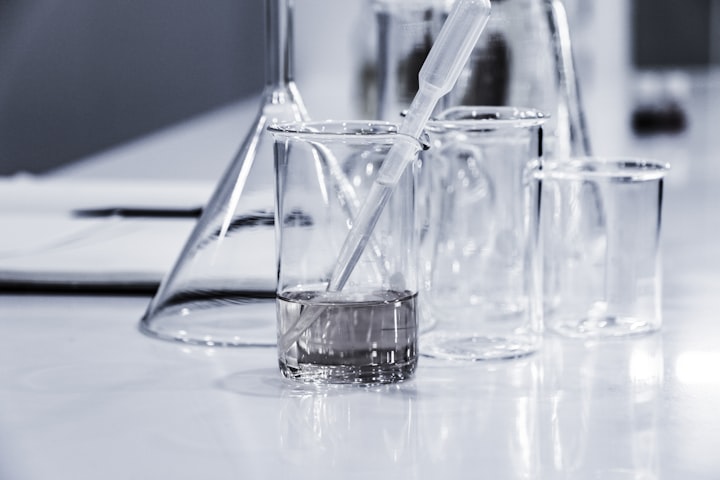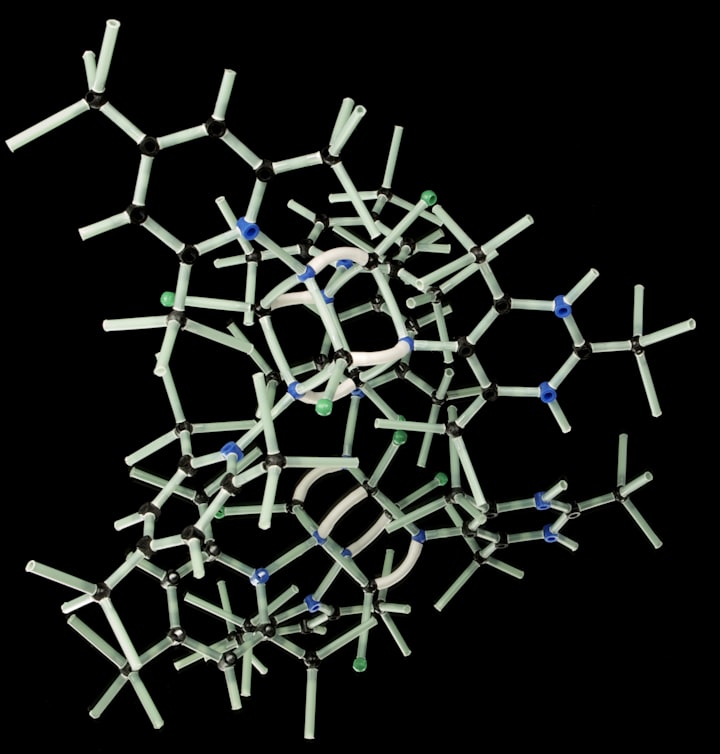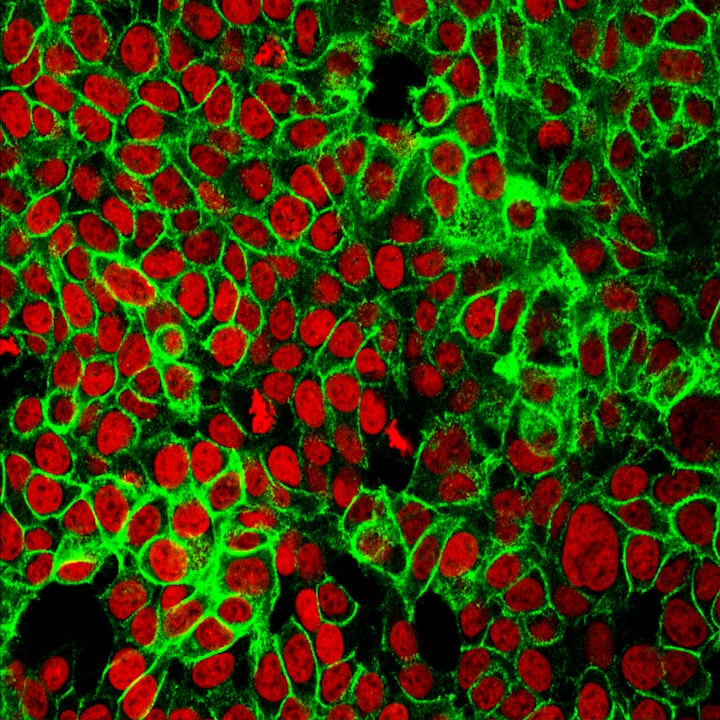How Are Animal Antibodies Used for Venom Antidote Development?
Discover how animal antibodies are used in venom antidote development and the venom immune response.

Venom, a potent mixture of toxins produced by various animals for hunting and defense, has long captured the fascination of scientists and researchers.
From snakes to spiders, venom can wreak havoc on the human body, causing symptoms ranging from paralysis to excruciating pain.
However, what may surprise many is that within the composition of this venom lies the potential to create life-saving antidotes.
Harnessing the power of animals' immune systems, researchers have uncovered a method to counter these toxic effects, paving the way for innovative antidote development.
Understanding the Immune Response
When an animal is exposed to venom, its immune system initiates a robust defense mechanism, producing specific antibodies tailored to neutralize the venom's toxic compounds.
This phenomenon forms the basis for creating antidotes, as the harvested antibodies can be utilized to minimize the harmful effects of venom in humans.
The Role of Horses and Sheep
Horses and sheep are among the preferred animals for this antibody production.
Despite venom being lethal to humans, these animals have evolved to be resistant to its effects.
By injecting small, measured amounts of venom into these animals, researchers prompt the production of antibodies in response to the foreign substance, which can later be harvested for medical use.
Antibody Extraction Process
Following exposure to venom, blood samples are collected from the animals and processed to separate the antibodies from the rest of the blood components.
This meticulous extraction process ensures that a concentrated and purified form of the antibodies is obtained, ready for the development of antidotes with high efficacy.
Advancements in Antidote Development
The antibodies sourced from animals serve as the foundation for developing innovative antidotes, offering a crucial line of defense against venomous bites and stings.
Ongoing research in this area aims to enhance the specificity and potency of these antidotes, presenting promising solutions to combat the diverse array of venomous threats encountered in nature.
Environmental Impact and Ethical Considerations
While this approach has proven effective in creating antidotes, it's essential to consider the environmental impact and ethical implications.
The need for animal testing and the potential stress and discomfort experienced by these creatures during the antibody production process necessitates a careful balance between scientific advancement and ethical responsibility.
Future Implications and Contemplation
The endeavor to harness animal antibodies through venom-induced immune responses offers a fascinating intersection of nature, science, and medicine.
As we continue to delve into this intricate realm of antidote development, it prompts contemplation about the remarkable resilience and adaptability of living organisms, and the potential they hold for addressing some of the most challenging medical issues of our time.






